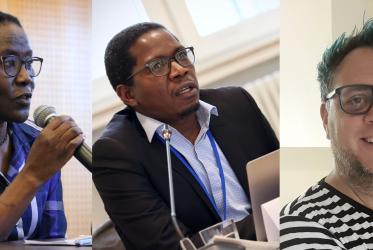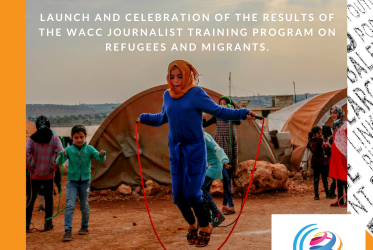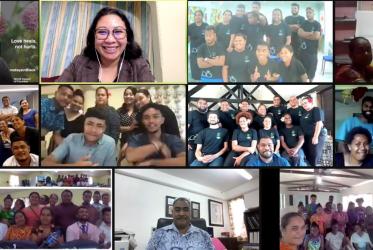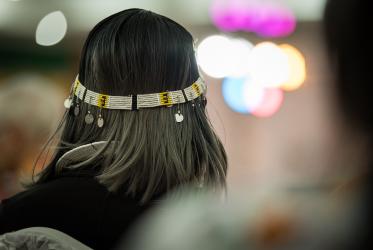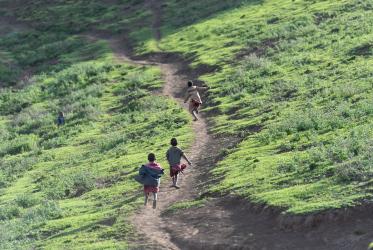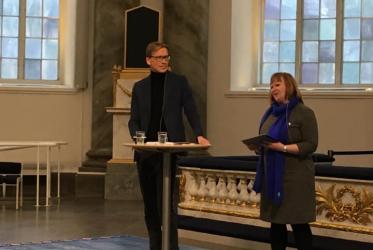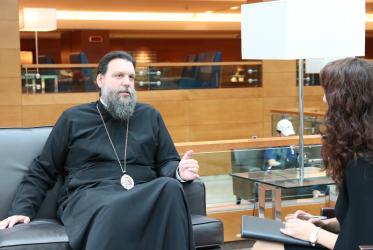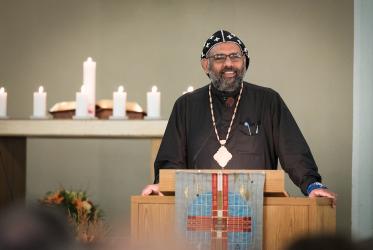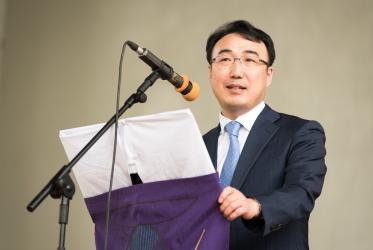Displaying 1 - 20 of 53
In a COVID-stricken world, “everyone is important”
23 October 2020
WCC honors world’s indigenous communities
07 August 2020
The cry of the Papuans in Indonesia
14 November 2019
Markus Imhoof film receives human rights award
10 October 2019
Ecumenism is a sense of belonging
08 February 2019
Metropolitan Zachariah Mar Nicholovos celebrates Silver Jubilee
26 November 2018
WCC Executive Committee envisions future for one ecumenical movement
08 November 2018
#WCC70: Nathan Söderblom, ecumenical pioneer
29 August 2018
“Arusha Call to Discipleship” issued
13 March 2018
Mission conference theme carries profound meaning
06 March 2018

